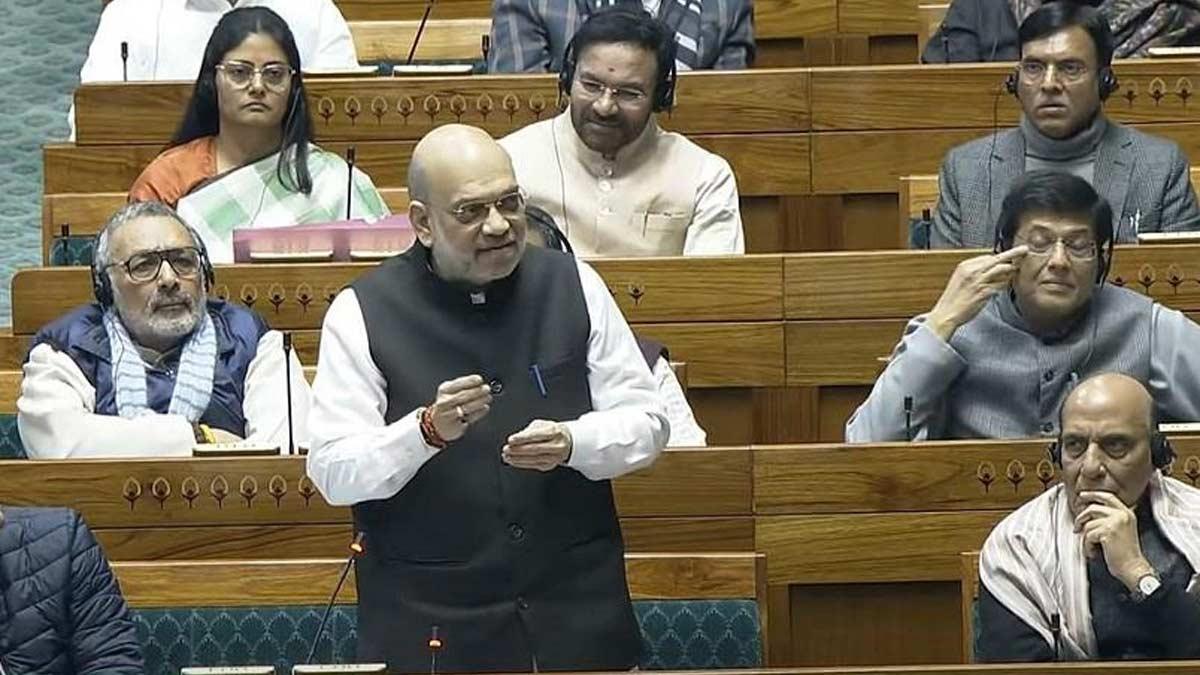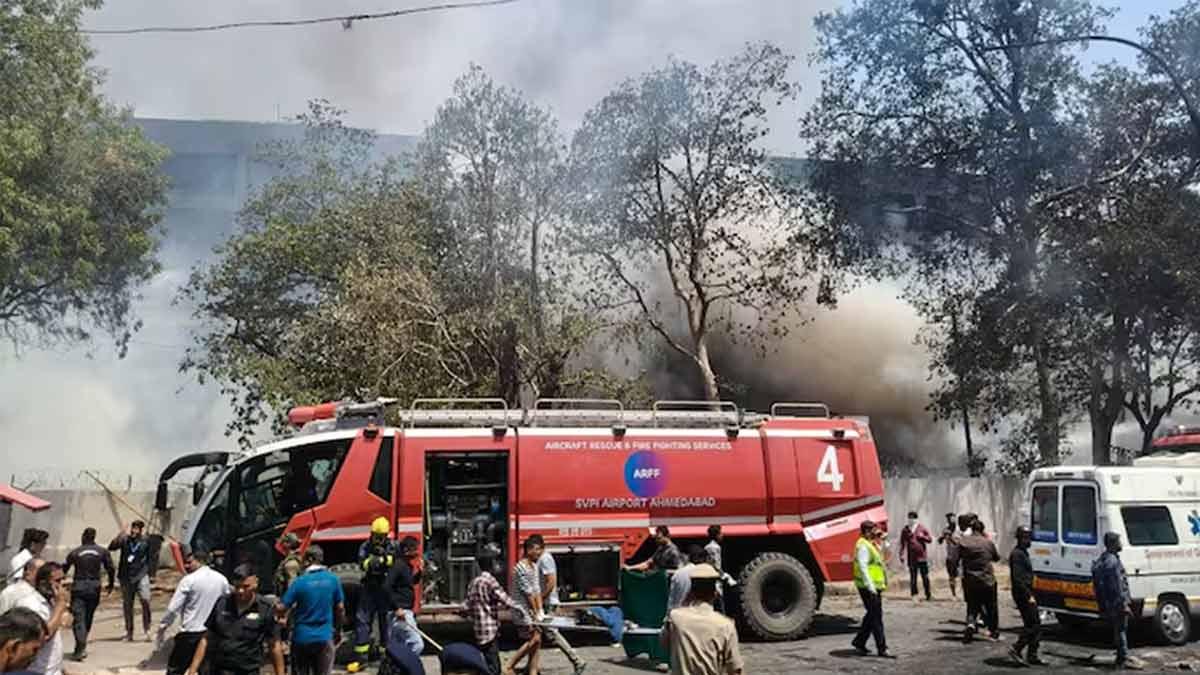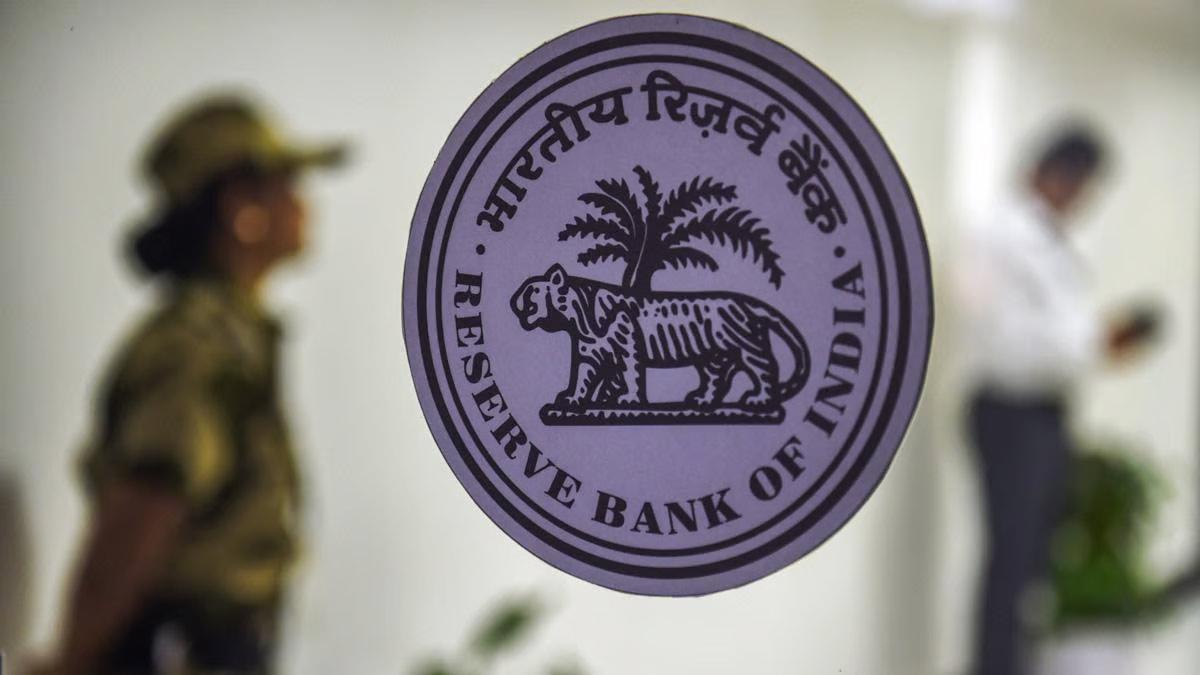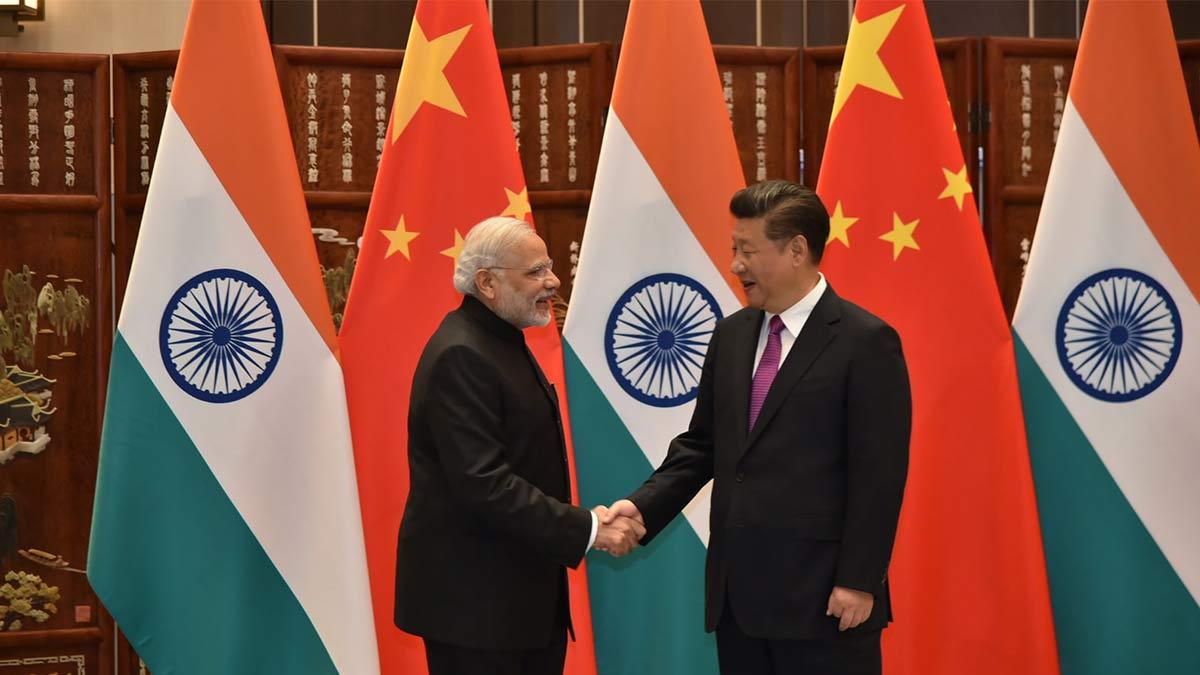In response to unprecedented traffic at its ports and airports, India has withdrawn a special transshipment facility formally that had so far allowed Bangladesh to export its goods to third countries through Indian customs points.
"The Transshipment facility accorded to Bangladesh had over a period of time caused serious congestion at our ports and airports. Delays in logistics and increasing costs were also hampering our own exports and causing backlogs." The facility, thus, has been withdrawn w.e.f. April 8, 2025. To make it clear, these steps do not affect Bangladesh exports to Nepal or Bhutan passing through Indian territory," said Randhir Jaiswal, Ministry of External Affairs spokesperson, during a media briefing in New Delhi on Wednesday.
First launched in June 2020, the measure was reversed after the Central Board of Indirect Taxes and Customs (CBIC), under the Finance Ministry, made a decision.
"Decided to cancel the circular dated June 29, 2020, as amended with effect from today. Cargo already imported into India may be permitted to move out of Indian territory subject to the procedure specified in that circular," said a CBIC notification issued on April 8.
The now-revoked arrangement had been part of New Delhi’s broader efforts to boost regional trade and connectivity, using Indian territory as a corridor for Bangladesh’s shipments to other countries.
Reacting to the decision, Assam Chief Minister Himanta Biswa Sarma emphasized national interest and regional security, stating on X, “India’s decision to revoke the transshipment facility for Bangladesh underscores Prime Minister Narendra Modi Ji’s unwavering commitment to safeguarding national interests and the security of the Northeast region. This decisive action reflects the government’s firm stance on protecting India’s strategic and economic priorities.”
The action came after controversial comments were made by Muhammad Yunus, the Chief Advisor of Bangladesh's caretaker government, during a recent trip to China.
"India's seven states, the eastern states of India, are referred to as the Seven Sisters. They are a landlocked area of India. They do not have any means of accessing the ocean. We are the sole protector of the ocean for all this area. So this creates a massive possibility. This can be an extension of the Chinese economy," Yunus said during a high-level roundtable on sustainable infrastructure and energy in Beijing.
Meanwhile, India and Bangladesh had previously adopted an agreement in 2023 for India to utilize the ports of Chittagong and Mongla in Bangladesh, facilitating cargo transit between India's northeastern states and the mainland. The agreement had greatly reduced transportation time and cost.
India has again raised its voice about minority rights in Bangladesh after recent violence cases, and it hopes that the interim government of Yunus will take action strongly against the perpetrators.
Prime Minister Narendra Modi raised the issue while meeting Yunus on the side of the BIMSTEC Summit in Bangkok last week, their first direct meeting since the new Bangladeshi government was formed in August last year.
"Regarding the question of minorities, this specific issue came up for discussion.". We have expressed our concerns about the treatment of minorities and the nature of violence that has occurred against them. We have been bringing this up in a number of our discussions, including our Bangkok meeting, that this violence and atrocities against minorities cannot be wished away or explained away as political motives or media agitations. We expect the government of Bangladesh to take firm action against the perpetrators of these atrocities," Jaiswal said.
Foreign Secretary Vikram Misri shared the sentiments of the Prime Minister, adding that Modi had expressed India's expectation that Bangladesh would guarantee the safety of its minority groups, especially Hindus, and carry out proper investigations into episodes of violence.
"Prime Minister also highlighted India's concerns regarding the safety and security of minorities in Bangladesh, including Hindus, and expected that the government of Bangladesh would provide them with security, including through a proper investigation of all incidents of atrocities against them," Misri stated after the summit.
Modi reasserted India's pledge to a stable, democratic, and inclusive Bangladesh and underscored a people-to-people approach to bilateral relations. He stressed the long-standing cooperation between the two countries and the concrete dividends it has accrued to their people.
"With this spirit, he once again emphasized to Prof Yunus India's intention to build a constructive and positive relationship with Bangladesh on spirit of pragmatism. The Prime Minister also exhorted that anything in the nature of rhetoric that contaminates the environment be avoided.".
Along the border, enforcement of law and preventing unauthorized border crossings, particularly during nights, is essential to ensuring border security and stability. There are several mechanisms between the two nations and the mechanisms could meet as necessary to discuss and carry forward our relationship," said Misri.
Read also| India offers a compelling growth opportunity for foreign banks, Says FM Sitharaman
Read also| RBI Lowers Repo Rate by 25 Basis Points, Adopts Accommodative Stance to Boost Growth


















